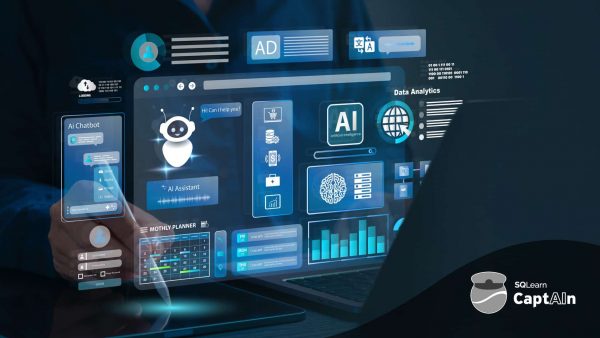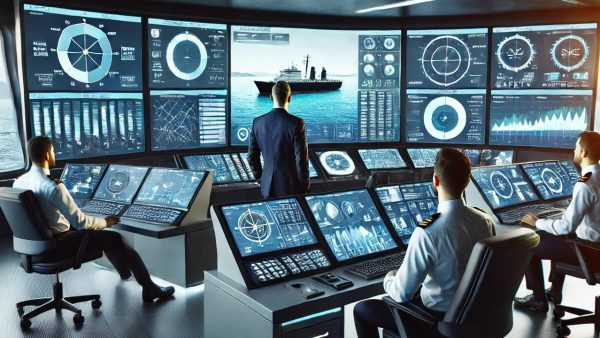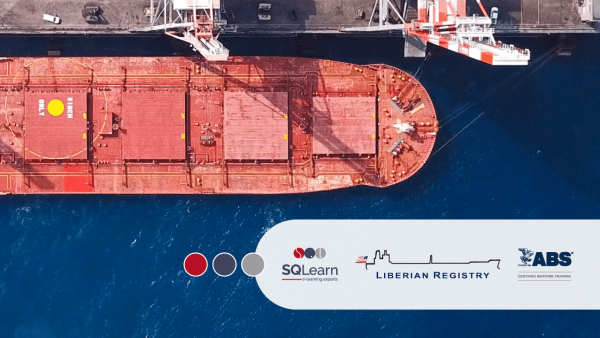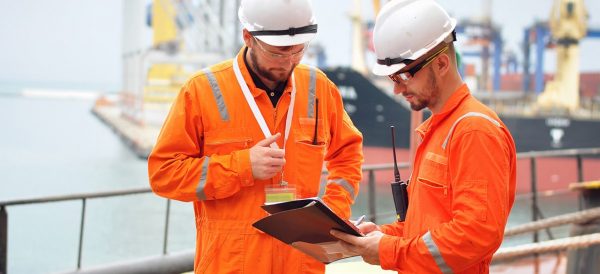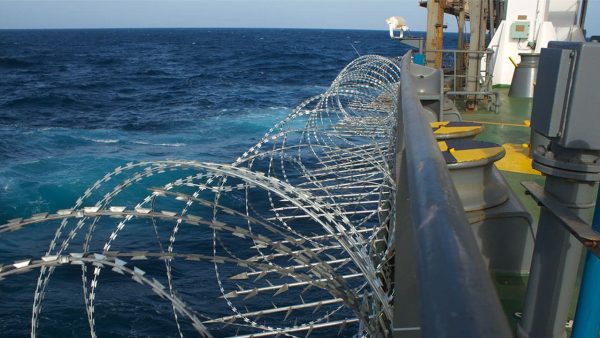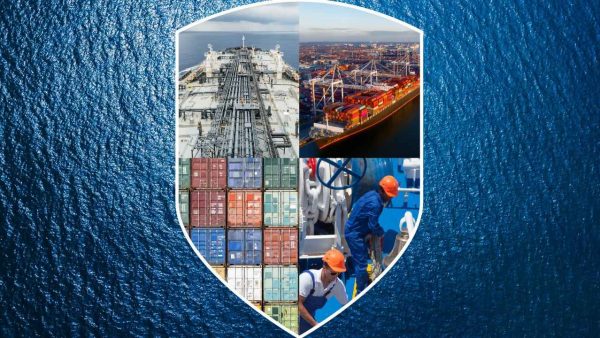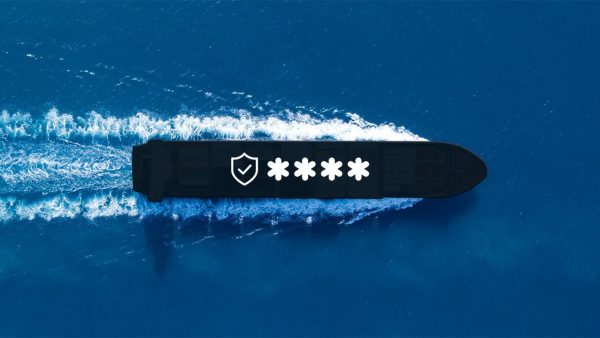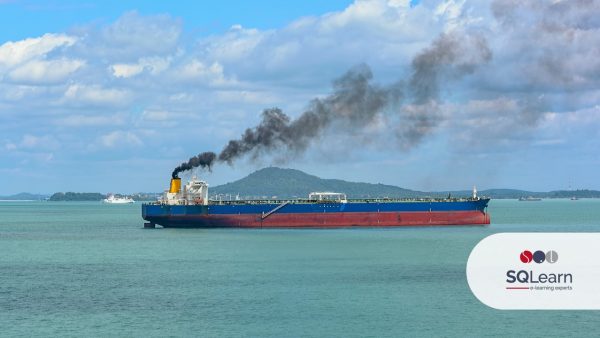SQLearn blog posts related to maritime training online
Artificial intelligence (AI) is rapidly transforming the maritime industry, not just through futuristic visions of autonomous ships, but by quietly revolutionizing the way shipping companies manage daily operations, compliance, and decision-making.
Ensuring Quality and Credibility In the maritime industry, trust, credibility and quality are paramount. As a maritime training provider, we recognize the importance of delivering certifications that validate skills and knowledge while ensuring ease of verification.
In the maritime industry, ensuring the safety and efficiency of vessel operations is paramount. One effective way to achieve this is through behavioral competency assessment and verification for vessel operators. This process not only enhances safety but also boosts operational effectiveness by ensuring that operators possess the necessary skills, attitudes, and behaviors required for their roles.
RightShip Training online with an extensive range of online courses focused on helping maritime professionals achieve excellence in their vessel inspections. SQLearn offers a library of online courses (CBTs) that correspond to Rightship Inspection Questionnaire (RISQ) requirements, particularly for dry bulk vetting.
The RightShip Inspection Ship Questionnaire (RISQ) is undergoing significant changes to ensure enhanced safety and compliance within the maritime industry. The updates focus on providing a comprehensive inspection standard for dry bulk shipping, establishing a unified methodology for RS inspectors, and helping managers strengthen safety performance and prepare vessels for inspection. These enhancements are crucial in…
Well-trained crews are pivotal for ensuring safe and efficient maritime operations, as they can mitigate risks, prevent accidents, and respond promptly to emergencies. Thus, the SIRE 2.0 human element is the most important aspect during vetting inspections.
Red Sea Cargo Ship Hijack attacks can result in financial losses, damage to vessels, harm to crew members, and disruptions to global trade
The International Ship and Port Facility Security (ISPS) Code is essential for the maritime industry.This post provides a guide to ISPS Code training.
In today’s digital world, cybersecurity threats are a significant concern for every industry, and the maritime industry is no exception. As ships become more connected, the risk of cyber-attacks increases exponentially. With this in mind, companies in the maritime industry must provide cyber security training to their employees.
How Computer Based Training (CBT) can help maritime decarbonization and improvement of sustainability? The maritime industry is a crucial player in global trade and transportation, but it also contributes significantly to greenhouse gas emissions.

